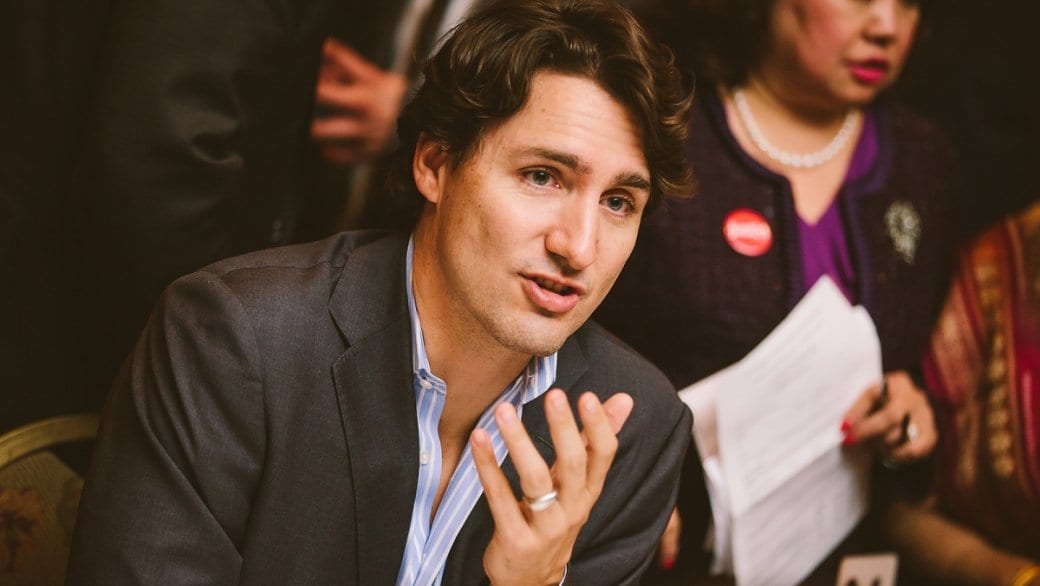One of the less controversial promises that the Trudeau Liberals made in the last election was to reinstate the Court Challenges Program, a body that granted money to litigants posing equality and language rights challenges against the federal and provincial governments. The Harper government scrapped it as one of its first acts, perhaps threatened by the program’s history of funding successful, progressive challenges.
But what is surprising, if recent recommendations from Parliament’s standing committee on justice and human rights are carried out, is that the revived Court Challenges Program may surpass the original in its potential to dramatically change the human rights landscape in Canada.
It appears that the committee has accepted every major recommendation brought to it since discussion around the program’s revival started up in the winter.
While the previous program was a creature of the federal government and could be dismantled by whim of the executive, the committee is recommending that the program be enshrined in law, requiring a parliamentary vote to shut it down in the future. This should help protect the program through a hostile minority government, at least.
And whereas the previous program’s equality section only allowed challenges under the Charter’s equality rights and multiculturalism sections, the new program has expanded its scope to include challenges related to Section 7 of the Charter, dealing with security of the person.
This is important, because for the last several years, most successful Charter challenges brought against the government have been based on security of the person; both the sex work and the euthanasia challenges being the most notable examples.
Going forward, LGBT people can imagine many other challenges brought against the government related to security of the person. Trans people could argue that misgendering in federal institutions such as penitentiaries or the failure of governments to provide correctly gendered documents impacts their personal security. Queer families could argue that the failure of governments to recognize multi-parent family structures endangers parent and child security. HIV and queer health activists could launch Section 7 challenges around HIV/AIDS criminalization, or even around government funding for treatment and prevention strategies.
Sex workers will likely seek to access funds to challenge the Harper government’s “Protection of Communities and Exploited Persons Act,” which re-criminalized sex work after a self-funded Section 7 challenge struck down the sex work laws in 2013.
Within the wider community, personal security challenges could be key to stopping practices that expose racial minorities and indigenous communities to danger, such as police carding or the underfunding of resources for First Nations communities.
All of these challenges and more could benefit from access to funding to pursue the lengthy and expensive legal issues that they seek to resolve.
Of course, the preferred solution in each of these cases ought to be a political one, where the government of the day simply does the right thing. Unfortunately, history shows us that such hopes are often foolhardy. Even this supposedly progressive new federal government has made remarkably little progress on legislative reform nearly a year into its mandate.
The Court Challenges Program provides an effective fail-safe measure when the government refuses to stand up for its citizens.


 Why you can trust Xtra
Why you can trust Xtra


